한국 갔다 와서 (피 똥 오줌)
| The title is in Korean because I could not think how that can be put as neatly in English. ("After visiting Korea"?) During the three-week visit, I was healthy only for one week; first it was the piece of rice cake (ttôk) that I left on the motel room table and did not put in the fridge that made me sick. I recovered from that quickly only to catch a nasty cold which continued for the rest of the visit and even after returning, giving me recurrent strokes of fever among other things. Because my fever was as high as 39.3 on the evening of the second day back in Finland, I went to see a doctor, who sent me for further examination as the blood test showed a very high infection level (CRP?), over 200. The longer I sat in the hospital corridor after seeing a doctor and giving new blood samples the more miserable the state of public health care looked like and the better the idea of escaping the place altogether appeared. I checked in at 1 pm, and at 8pm a doctor came to inform me that the infection level had gone down so much that I could go home, on the condition that I return the next day to give new samples. He also noticed that no urine and feces tests (the parenthesized part of the title refers to this) had been taken even though they were clearly marked in my papers. I felt like cursing no voi perkele. The three visits to that hospital during the week hardly contributed to my recovery, which in the end took place without antibiotics (which was a good thing in itself, of course). • As for the visit to Korea, most of the time - quite naturally - we spent among my wife's family in Jinhae, Changwon, and Busan. (People whom I meet after a long time tell that it shows in my accent. Heck, it might even show in the way I speak Finnish.) Even though my parents-in-law's house is not, how shall I put it, up to contemporary standards (and it can be felt especially in the winter), I couldn't have perhaps spent a better time. For example my wife's younger sister's (ch'ôje daughters are at an age in which they wrap an imobu around their fingers at their will. 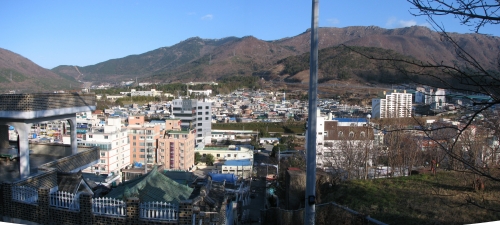 Western Jinhae, photographed from Jehwang hill. (Click for a bigger pic to open in a new window.) The old center of Jinhae is even more westwards from here, but recent developments in areas closer to Busan have rendered this part of town almost as underdeveloped, and shifted the commercial weight and population towards east. Also the present position of City Hall reflects this. • I was happy to meet the people among whom I conducted research after a long time, and as far as I can tell the feeling was mutual, but I also got the feeling that the special relationship that enabled research is now over. (Actually, it's about time now that I'm finally to get the doctorate...) 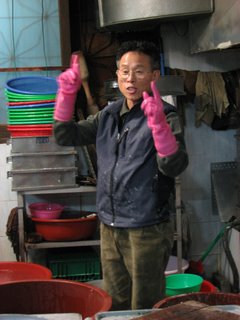 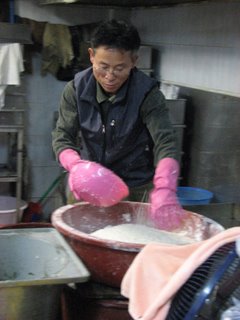 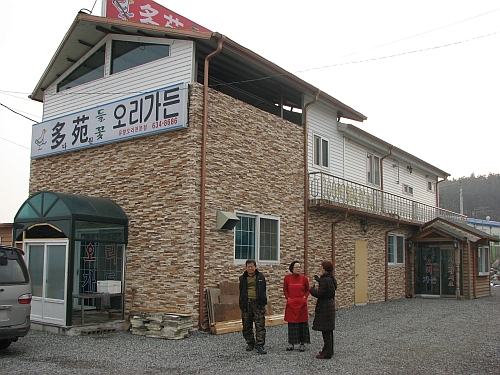 When "Mr Kim" and "Mrs Kang" were closing their restaurant in 2001 in the Sillim 2-dong neighborhood where I conducted research they said they were planning to open a restaurant somewhere in the countryside, specializing in a single dish. For a long time it didn't look as if they were going to realize their plan, but now it turned out that they had purchased a house in the rural parts of Icheon, Gyeonggi-do, living in the upper floor and operating a duck meat restaurant in the ground floor. It appears that despite of being in the middle of nowhere, there is enough clientele to sustain such a place, and the urban Icheon, a growing place and a prospective site for a "new town", is a 10-15 minute drive away. Categories at del.icio.us/hunjang: businesskeepers ∙ neighborhood ∙ people ∙ self-employment ∙ Sillim/Gwanak |
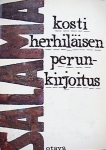



Comments to note "한국 갔다 와서 (피 똥 오줌)" (Comments to posts older than 14 days are moderated)
Write a Comment